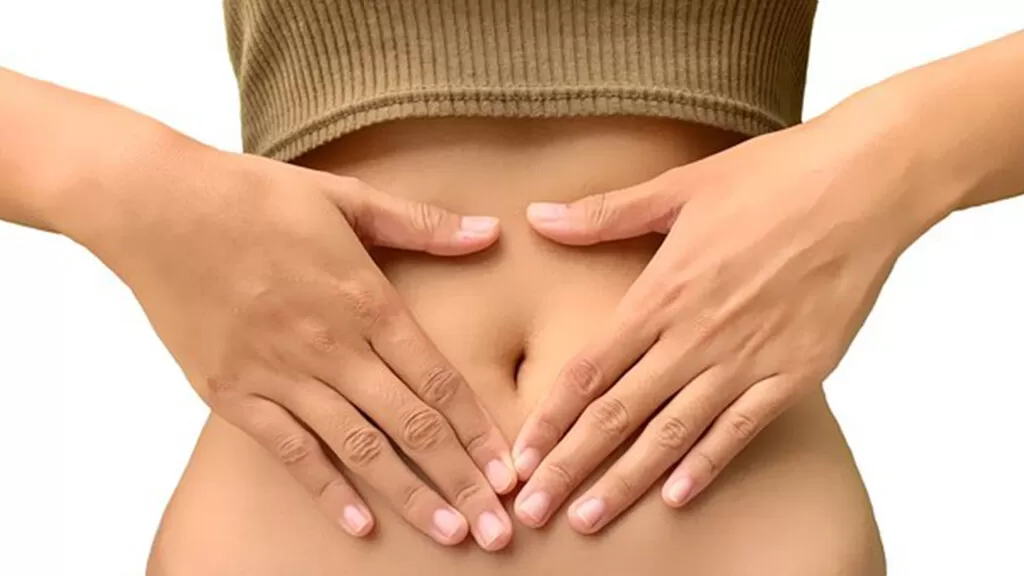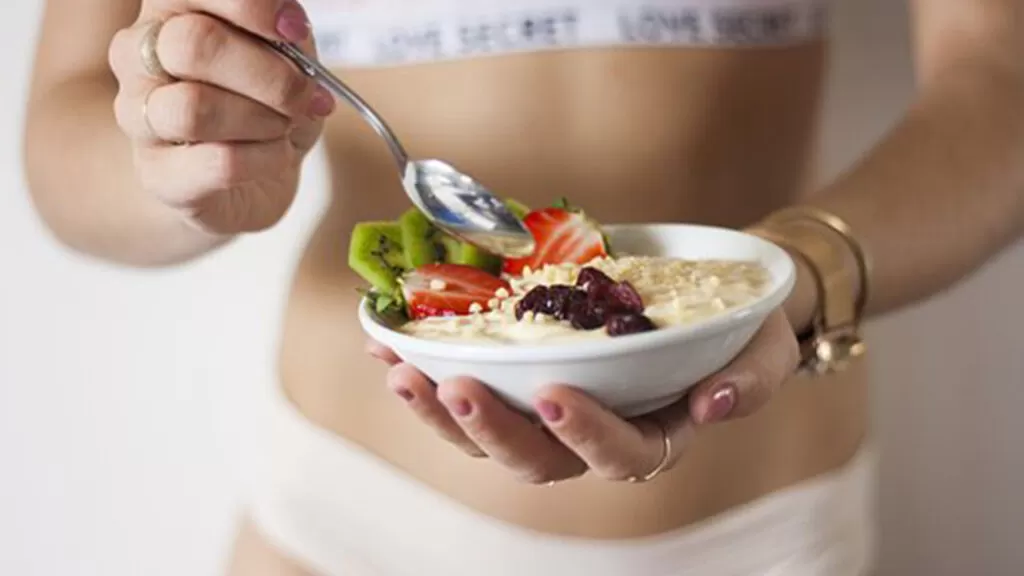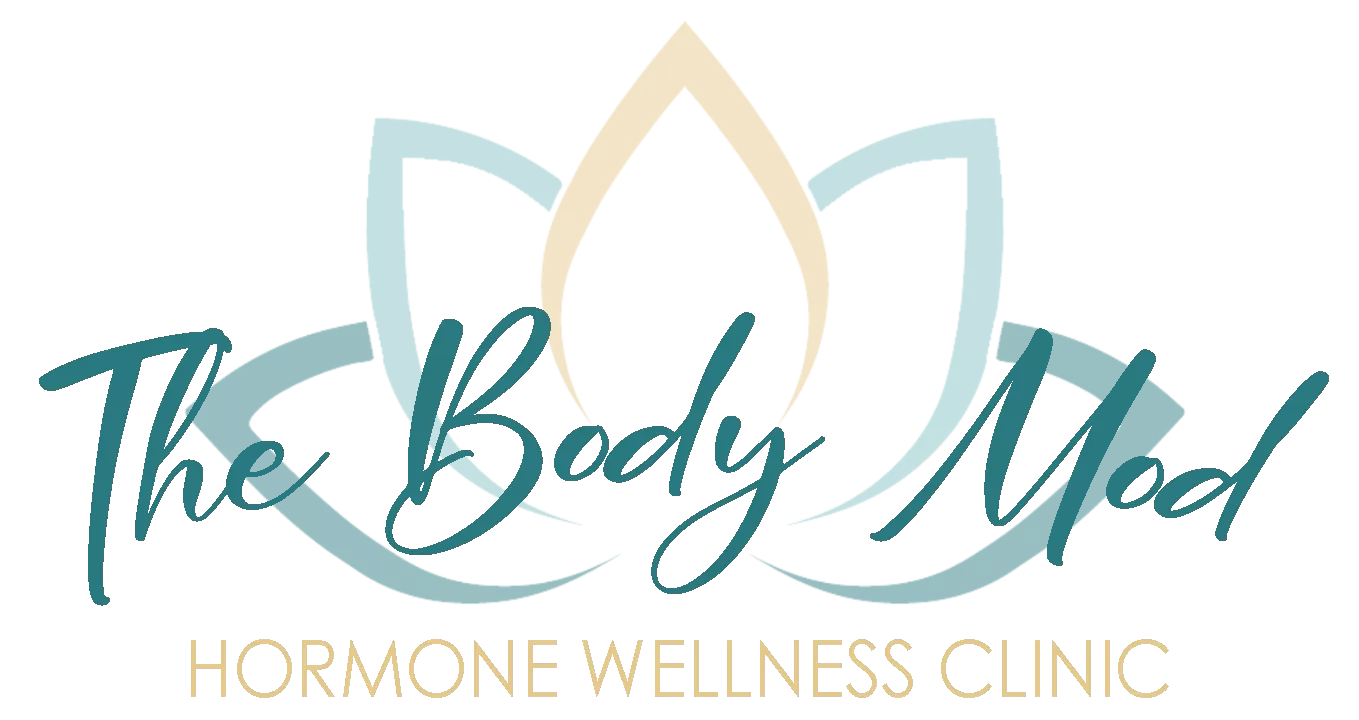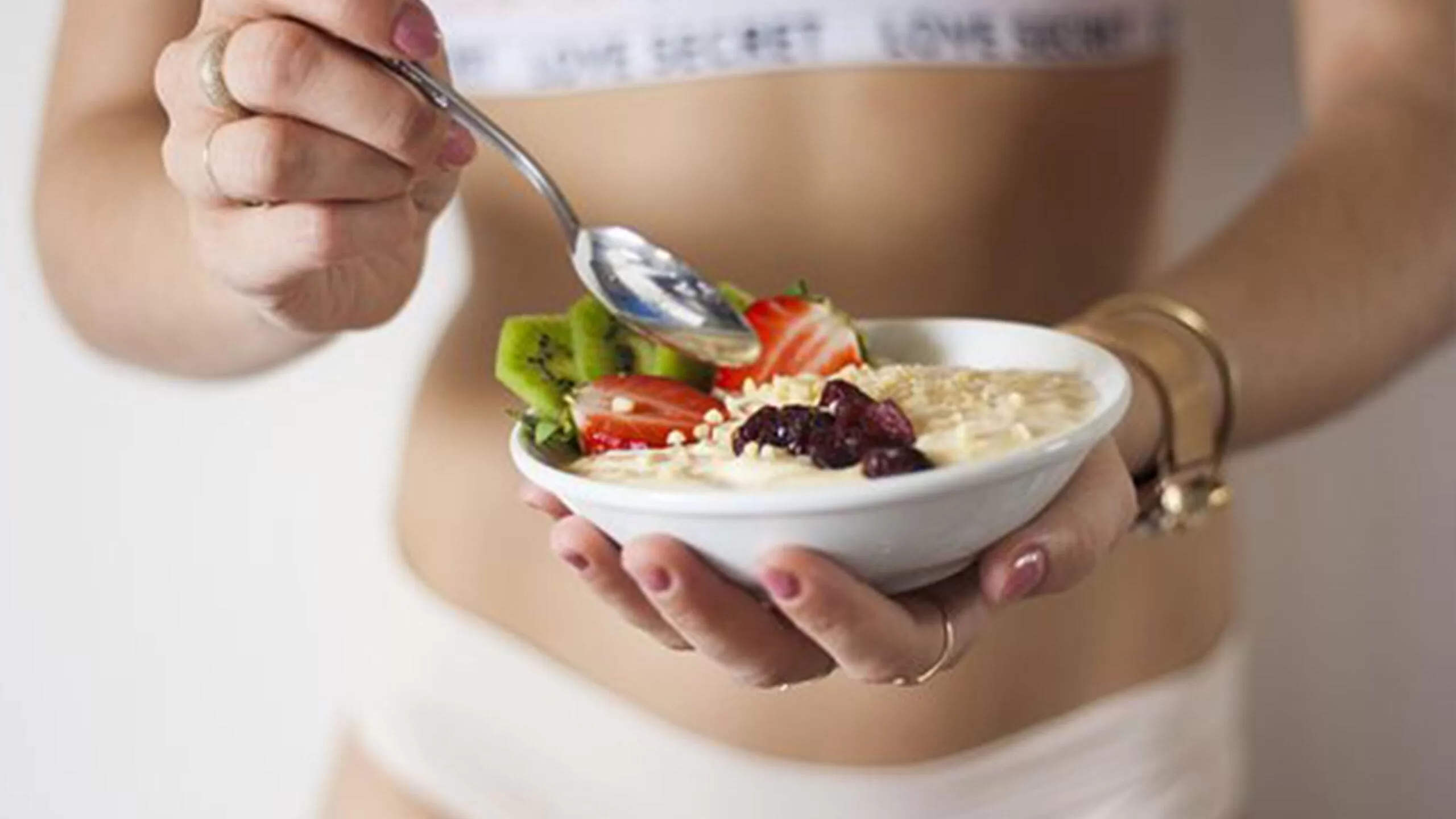
You hear a lot of gut health. But no one really explains what it is and how it should be cared for. For instance….what is the microbiome of the gut?
The microbiome of the gut refers to the diverse community of microorganisms, including bacteria, viruses, fungi, and archaea, that reside in the digestive tract of humans and other animals. The gut microbiome is known to play an important role in digestion, metabolism, immune system function, and overall health.
The composition of the gut microbiome can vary widely between individuals and is influenced by various factors such as diet, genetics, and environmental exposure. However, a healthy gut microbiome typically consists of a diverse array of microorganisms that work together to maintain a balanced ecosystem.
Some of the key functions of the gut microbiome include fermenting undigested carbohydrates, producing short-chain fatty acids, synthesizing vitamins and other nutrients, and modulating the immune system. Imbalances in the gut microbiome have been linked to a range of health conditions, including obesity, diabetes, inflammatory bowel disease, and even mental health disorders such as depression and anxiety.

A healthy gut microbiome thrives on a diverse range of fiber-rich foods. Here are some examples of foods that can help improve gut health:
- Fruits and vegetables: Aim to eat a variety of colorful fruits and vegetables, which are high in fiber and beneficial phytonutrients that can help nourish the gut microbiome.
- Whole grains: Whole grains such as brown rice, quinoa, and whole wheat are good sources of fiber and can help promote the growth of beneficial bacteria in the gut.
- Legumes: Beans, lentils, chickpeas, and other legumes are excellent sources of fiber, protein, and prebiotics, which can help feed beneficial gut bacteria.
- Fermented foods: Fermented foods such as yogurt, kefir, sauerkraut, kimchi, and miso contain live bacteria that can help improve gut health.
- Nuts and seeds: Nuts and seeds such as almonds, chia seeds, and flaxseeds are rich in fiber and healthy fats, which can help nourish the gut microbiome.
- Prebiotic-rich foods: Prebiotic-rich foods such as garlic, onions, leeks, asparagus, and bananas contain indigestible fiber that can help feed beneficial gut bacteria.
- Probiotic supplements: If you’re not getting enough probiotics from your diet, you may consider taking a probiotic supplement to help improve gut health.





